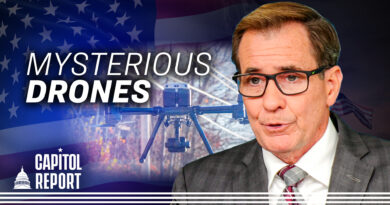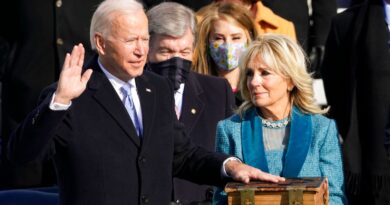Musk: What Does It Mean to Be a Special Government Employee?
Due to specific allowances for special government employees, experts across various fields, including doctors, scientists, and business leaders, have been able to influence national policy.
Among the prominent figures in the Trump administration who qualify as special government employees, Elon Musk stands out.
This designation allows individuals to work simultaneously in both the federal government and the private sector. Special government employees are generally limited to a maximum of 130 days of work per year, unless the administration provides an explicit extension of this limit.
This allowance, established by President John F. Kennedy’s law in 1962, permits the government to engage experts temporarily without imposing strict conflict of interest regulations.
Thanks to the provisions for special government employees, specialized experts such as doctors, scientists, and business leaders have had a role in shaping national policy. Their temporary positions are subject to most of the rules and regulations that apply to full-time government employees.
Special government employees are not allowed to handle matters that could create a personal financial conflict of interest, nor can they use their position to sway election outcomes or partake in political activities while serving in their official capacity.
High Profile Special Government Employees
The appointment of Musk as a special government employee has led to inquiries about his influence and responsibilities.
Musk officially holds the title of senior adviser to the president, a similar role to that of Anita Dunn, who served as a special government employee adviser under President Joe Biden.
According to President Donald Trump, Musk is in charge of the Department of Government Efficiency (DOGE), a newly established advisory panel aimed at eliminating waste, fraud, and abuse in the federal government.
Steve Witkoff, another notable special government employee, serves as the administration’s Middle East special envoy, facilitating peace talks related to Ukraine and Russia, in addition to issues in the Middle East. Like Musk, Witkoff is a billionaire with extensive experience in real estate investment and development.
David Sacks, a special government employee, functions as the White House’s czar for artificial intelligence and cryptocurrency, providing counsel to the president on matters regarding these domains. He previously served as the chief operating officer at PayPal and currently partners with Craft Ventures, a venture capital firm.
Controversial Special Government Employees
Not all special government employees have served without controversy. Figures such as Huma Abedin, who was deputy chief of staff to former Secretary of State Hillary Clinton, have drawn scrutiny. Abedin held a special government employee designation while also working with Teneo, a consulting firm.
Abedin’s employment by the State Department raised concerns among some, including Senator Chuck Grassley (R-Iowa), who argued that the special government employee designation should focus on “technical outside expertise rather than allowing current government employees to pursue outside employment for personal gain, which may lead to conflicts of interest.”
“The executive branch should not circumvent Congress by ignoring time limitations or use the designation merely to facilitate current federal employees in seeking outside employment that could create conflicts of interest,” he added.
Anita Dunn, a top aide to President Joe Biden, also held special government employee status while managing her consulting and lobbying firm work at SKDK.
Special government employees have played integral roles in responses to significant national incidents, such as serving on the 9/11 Commission and advising on COVID-19 strategies.
Regarding Musk’s role, White House press secretary Karoline Leavitt reiterated earlier statements, affirming he is a special government employee supervising DOGE and operating under Trump’s direction.




